Game-Changing Benefits of Self-Registration for Your Preschool
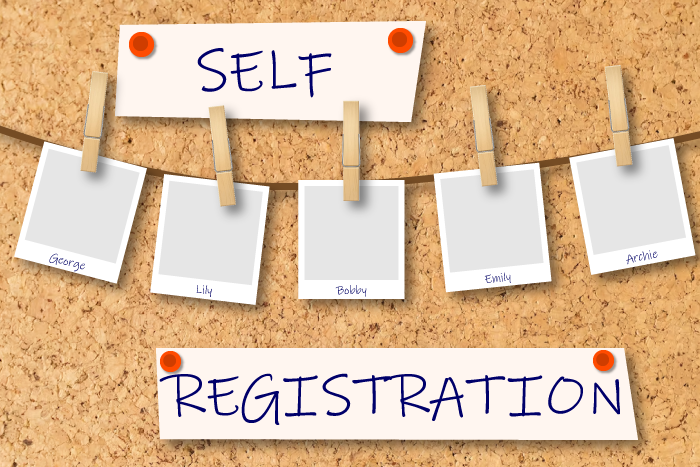
Self-registration is an engaging and interactive practice in early years education that involves young children actively participating in the daily routine of their nursery or preschool setting. By encouraging early years practitioners to implement self-registration methods, children are empowered with a sense of responsibility and ownership over their daily activities. In this article, we will delve into the concept of self-registration, its benefits, and explore some creative ideas and resources that early years practitioners can use to foster a positive learning environment.
What is Self-Registration?
Self-registration is a process where children take an active role in registering themselves at the beginning of each day or session. Instead of early years practitioners calling out names or completing this task themselves, the children participate by choosing their names or pictures and displaying them in a designated area. This practice not only streamlines the registration process but also offers numerous educational and developmental advantages.
Benefits of Self-Registration in Early Years:
Fostering Independence:
Implementing self-registration empowers young children to take charge of their own routines from a tender age. By allowing them to choose and display their names or pictures, they develop a sense of independence and responsibility, which can have a positive impact on their overall self-confidence. This aligns with the Early Years Foundation Stage (EYFS) principle of promoting self-help skills and independence in children.
Encouraging Decision-Making:
Incorporating choices into the self-registration process allows children to make decisions early on. Whether they are picking a peg doll, placing their name under a specific emotion face, or choosing a storybook, this practice nurtures their decision-making skills and promotes critical thinking. Decision-making is an essential aspect of the EYFS, which encourages practitioners to support children's choices and preferences in their learning journey.
Building Communication Skills:
Self-registration often involves interacting with early years practitioners, staff, and peers. This provides an opportunity for children to practise their communication and social skills, as they may need to ask questions, seek assistance, or express their preferences. Effective communication is a crucial focus in the EYFS, and self-registration offers a natural and meaningful context for children to develop and refine their communication abilities.
Supporting Emotional Development:
By incorporating emotion faces or symbols into the self-registration process, children can express how they are feeling at the start of the day. This enables early years practitioners to be more attuned to their emotional needs and create a supportive environment for their emotional development. Nurturing emotional well-being is an integral part of the EYFS framework, and self-registration can contribute to this aspect of children's growth.
Enhancing Numeracy and Literacy Skills:
Some self-registration methods, such as counting the number of children using Duplo bricks or associating the first letter of a child's name with a picture, can aid in the development of numeracy and literacy skills. The EYFS emphasizes the importance of promoting early mathematical and literacy concepts, and these activities align well with that goal.
EYFS Self-Registration Ideas and Resources:
Peg Dolls and Story Selection:
Each child can have a peg doll representing them, which they use to select the story they would like to hear later in the day. This method combines self-registration with storytelling and encourages children to engage actively in the learning process while fostering creativity and imagination.
Name Cards and Posting Box:
Using name cards with corresponding pictures, children can find their names and post them into a designated box, making the process interactive and enjoyable. This activity supports the EYFS focus on developing children's physical skills and hand-eye coordination.
Velcro Boards and Drawers:
A system of Velcro boards and drawers with name tags can enable children to choose their spaces for the day's activities, fostering a sense of ownership and organization. This approach aligns with the EYFS principle of encouraging children to be active participants in their learning environment.
Tree or Magnet Board:
A cute tree or magnet board can serve as a visual display for children to hang their named photos or magnets, providing a fun and personalized approach to self-registration. This activity ties in with the EYFS's emphasis on understanding the world and the diverse aspects of children's lives.
Final Thoughts: Embrace Self-Registration and Unleash the Potential of Early Years Education
Self-registration is a valuable practice in early years education that encourages independence, decision-making, and communication skills in children. By involving them actively in the registration process, early years practitioners can create a positive and engaging learning environment in line with the principles of the Early Years Foundation Stage. Implementing creative self-registration ideas and resources can enrich the children's experience and contribute to their overall development and well-being. As regulations and guidelines may change over time, it's always essential for early years practitioners to stay updated with the latest information from Ofsted and the Department for Education regarding EYFS requirements and recommendations.
Other Articles
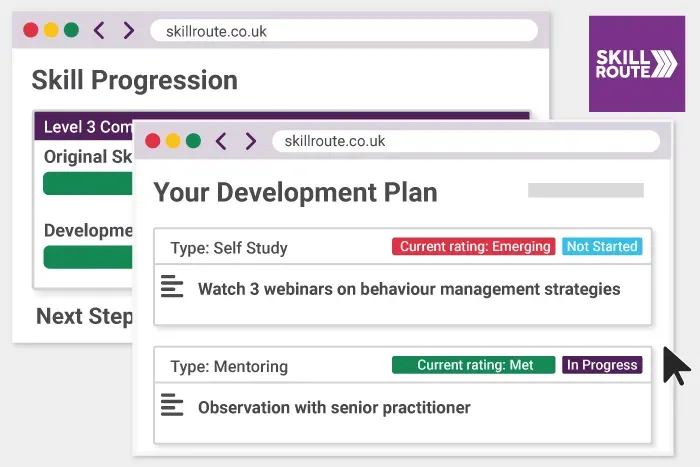
Can My Level 2 Staff Be Left Alone with Children? (2025 Ratio Rules Explained)
May 21, 2025
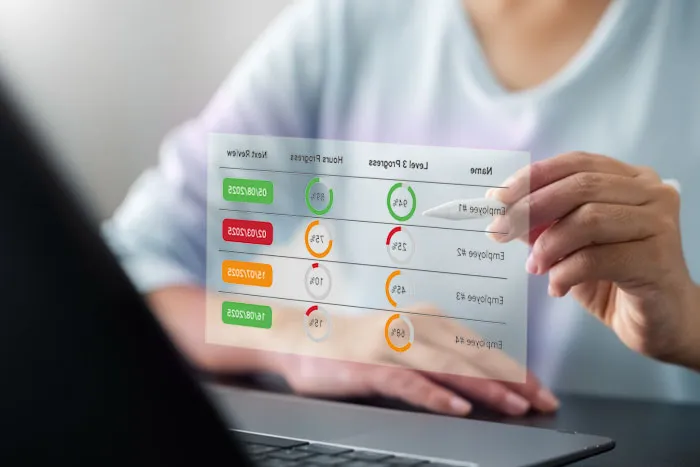
Understanding Ofsted's New Experience-Based Route for Early Years Staff
February 5, 2025
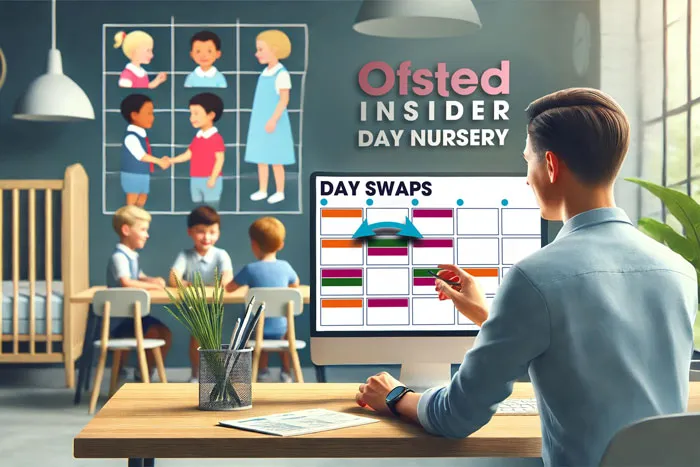
Are Day Swaps a Good Idea for Your Nursery? A Guide for Owners and Managers
December 11, 2024
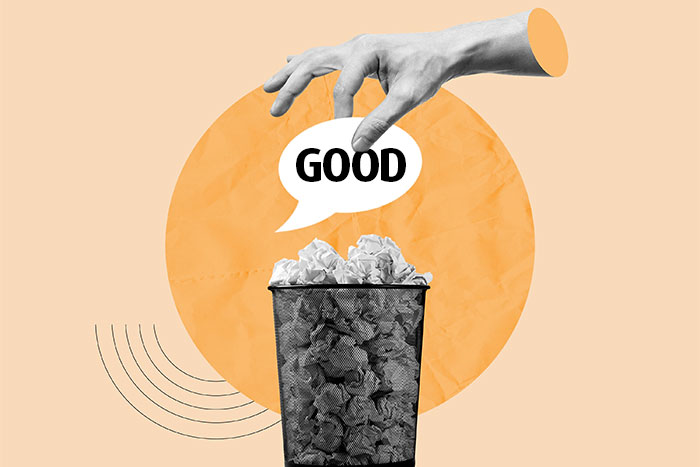
Ofsted’s Grading Changes: Impact on Nurseries
September 3, 2024
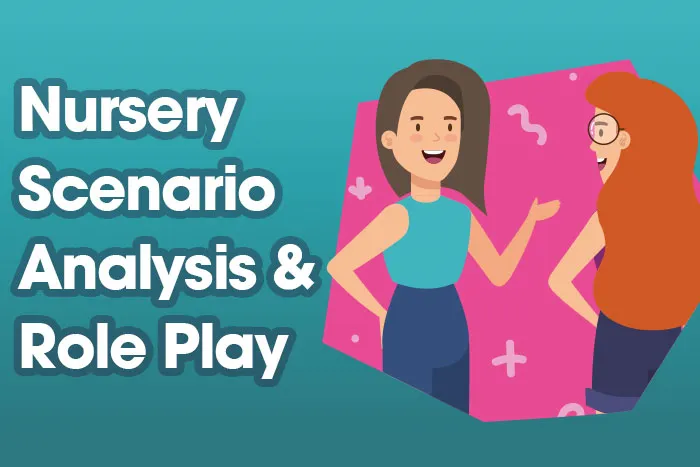
Nursery Staff Meeting Activities: Scenario Analysis and Role-Play
June 18, 2024
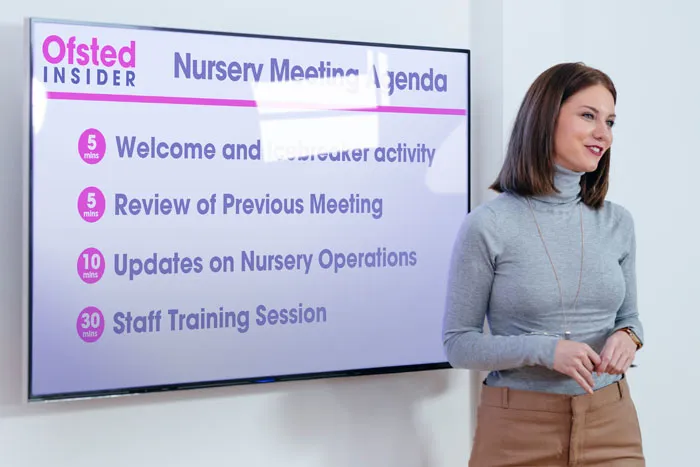
How to Write a Staff Meeting Agenda for Nursery Settings
June 18, 2024
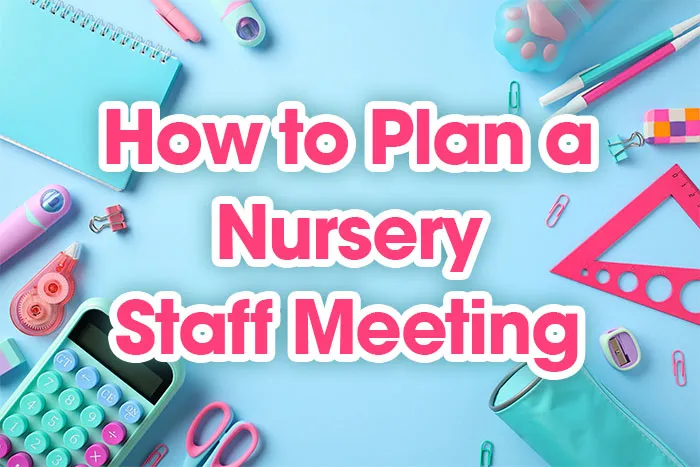
How to Plan a Nursery Staff Meeting
June 18, 2024
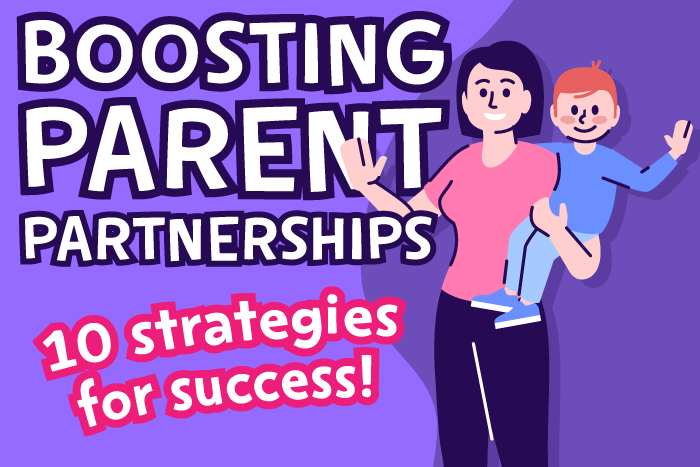
Boosting Parent Partnership: 10 Strategies for Nursery Success
May 10, 2024
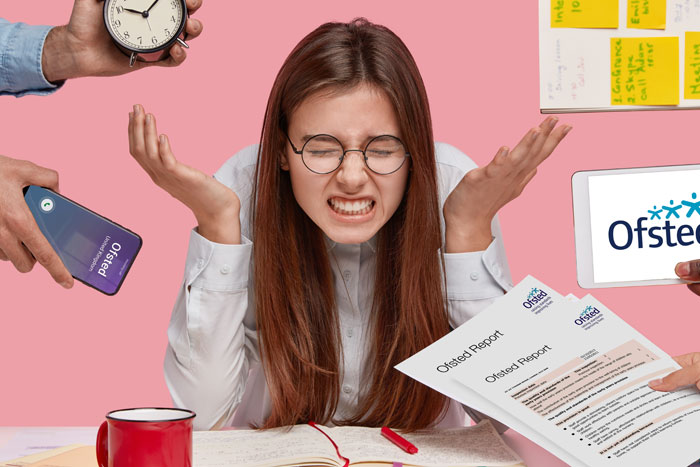
EYFS 2024: What's Changing? Find out and take the quiz!
November 25, 2023
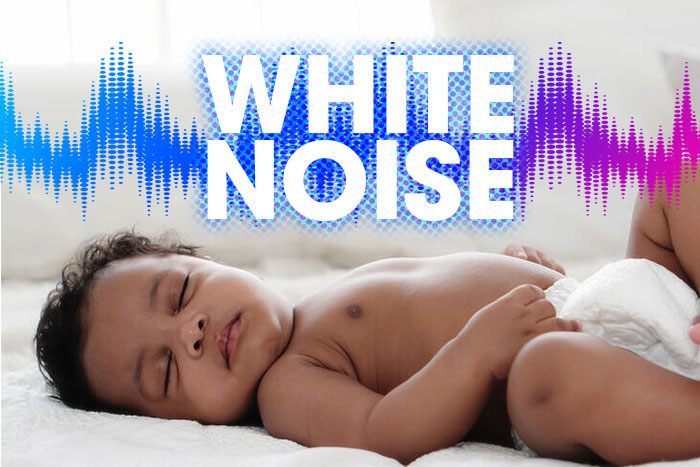
White Noise for Sleeping Babies: Pros, Cons, and Tips
October 24, 2023
 © Copyright 2021 - 2025. All rights reserved.
© Copyright 2021 - 2025. All rights reserved.